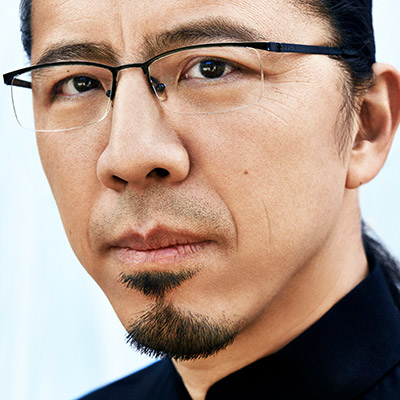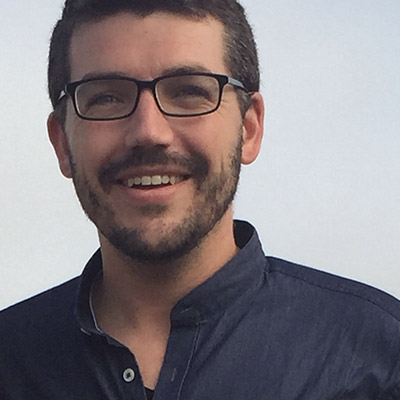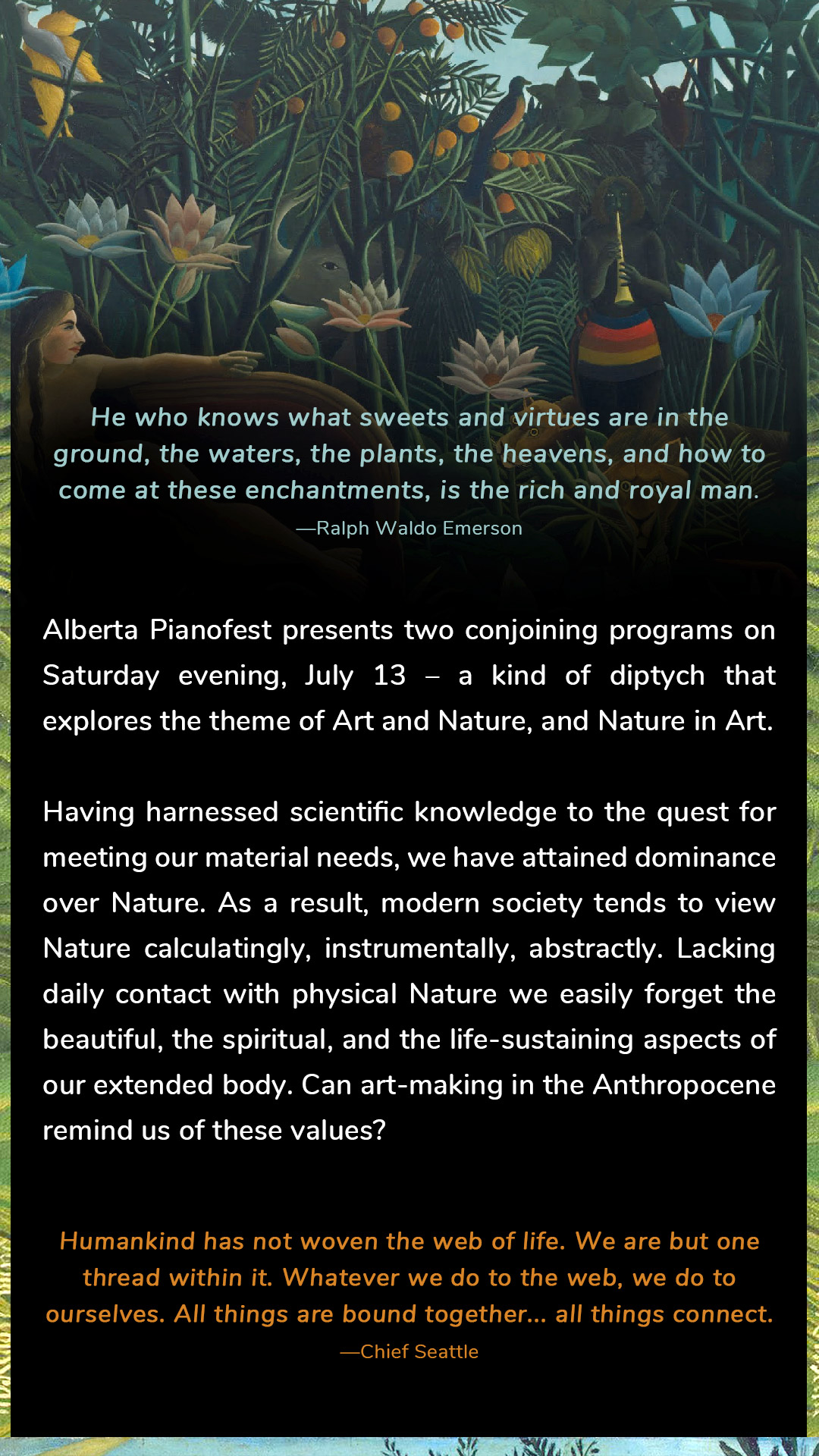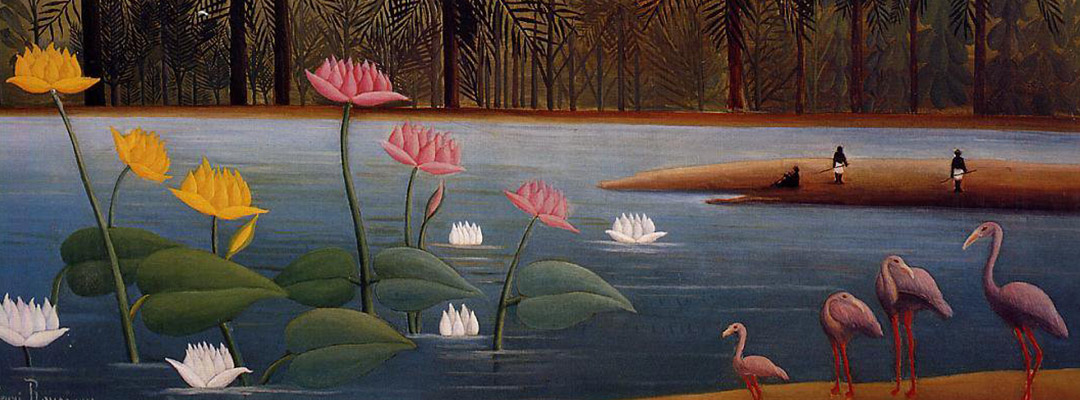 HOLY TRINITY ANGLICAN CHURCH, EDMONTON | box-office | directions | tickets | calendar
HOLY TRINITY ANGLICAN CHURCH, EDMONTON | box-office | directions | tickets | calendar


“Chiu is a physical pianist, with colossal energy. Power under control, balanced with an agile flexibility in his playing… Not a minute goes by without something interesting.”
–Ouest France, Rennes, France Frederic Chiu performs in major venues on five continents: Lincoln Center in New York, Kennedy Center in Washington, The Chatelet in Paris, the Mozarteum in Buenos Aires, as well as touring extensively in smaller and unusual venues. He collaborates with Classical music friends Joshua Bell, Pierre Amoyal, Gary Hoffman and the St Lawrence String Quartet, as well as non-Classical friends like jazz pianist Bob James or storyteller David Gonzalez, to bring the vivid live concert experience to all audiences. He is known for his innovative programming, including “Classical Smackdown”, a multi-year series where composers face off in head-to-head comparisons, with listeners voting for their favorite composer: Debussy vs. Prokofiev, Bach vs. Glass, etc. Results tracked at ClassicalSmackdown.com. Frederic Chiu has over 27 recordings, including the most extensive complete piano works of Prokofiev, and works of Chopin, Liszt, Ravel, Mendelssohn, Brahms, Rossini and Grieg, as well as the Beethoven/Liszt Symphony V and the solo piano version of Carnival of the Animals. His latest projects include “Hymns and Dervishes,” music of Gurdjieff/de Hartmann, and Distant Voices: Music of Claude Debussy & Gao Ping. A regular on St. Paul Sunday and Performance Today, he is a favorite of public radios across the country.
James Taplin is a doctoral candidate at Temple University. He primarily studies nineteenth-century German reception of Greek art and thought. His dissertation entitled “Nietzsche on Education” focuses on the educational role of art in the German tradition of Bildung. He is currently writing on Nietzsche’s theory of the role of the audience of Tragic Drama, both in Greece and Germany. James also has significant interest in ethics and classical philosophy in the Greco-Roman tradition. |
PROGRAMMEIs Nature really Natural? (Are Humans Humane?)
On Nature & the Restorative Potential of Art Talk by James Taplin, philosopher Intermission
NATURE / NURTURE
Frederic Chiu, piano
“Nature vs Nurture” program confronts the music of Debussy with the music of Prokofiev. Both were revolutionary composers for the piano, but taking the repertoire into different – some would say “opposite” – directions. Debussy’s search for color and sound pushed him to explore the nuances of the piano. He treated the instrument as a sonic laboratory, discarding many of the rules that had come from the German traditions of the Romantic Era. Prokofiev’s radical approach to the piano took the instrument back to its basic nature, as a machine that employed hammers hitting metal. His early pieces broke the mold of sophistication and complexity that had also developed during the Romantic Era.
Is Nature really Natural? (Are Humans Humane?) Talk by James Taplin, philosopher How do we come to understand our relationship with nature? Are we stewards, rulers, or playthings of the natural world? I look to Friedrich Schiller’s account of art’s presentation of nature. The ways in which we choose to represent nature give us power over it. But what does a responsible relationship to nature really look like? Can art be harmful? I argue that Schiller’s account offers insights into how art can represent nature responsibly.
|


